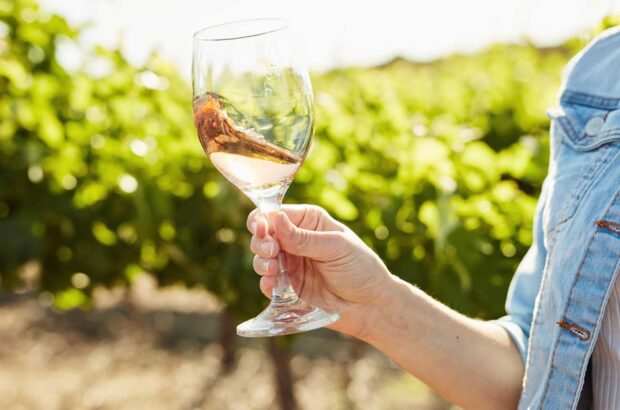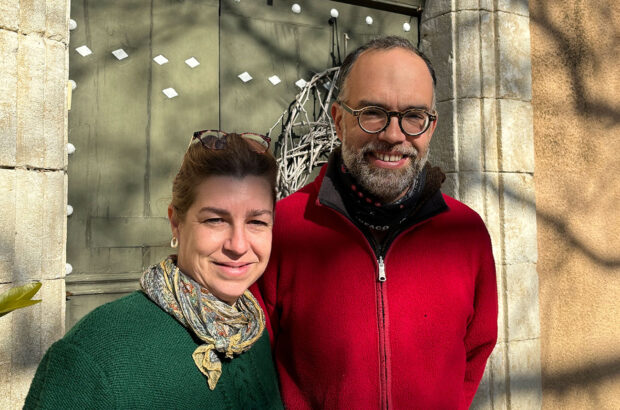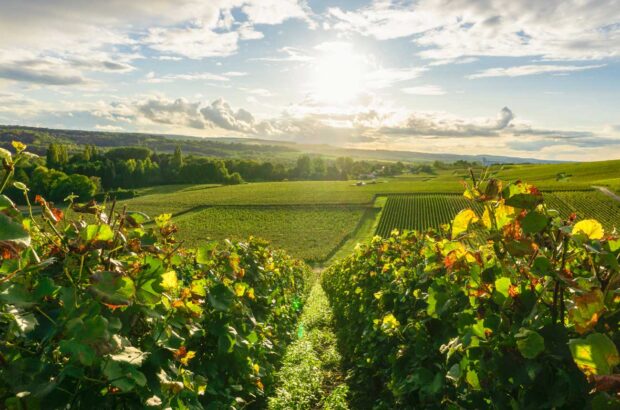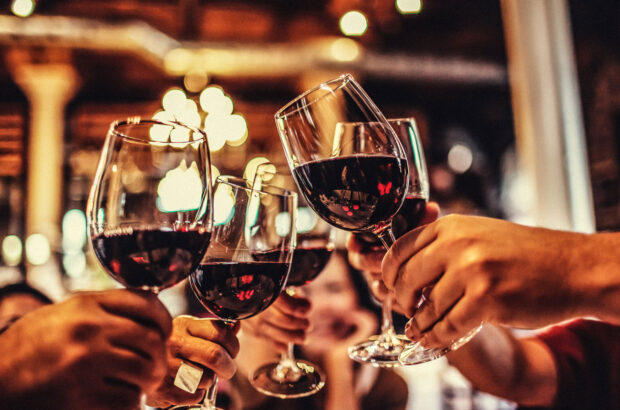The open letter, spearheaded by Wine Traders for Alternative Formats (WTAF), highlights the environmental impact of glass manufacturing and recycling. It notes that switching from glass to alternative formats could save ‘well over a third of the carbon footprint of wine consumed in the UK’ – the equivalent of taking 350,000 cars off the road overnight.
Alternative formats such as boxed wine, canned wine, kegs, paper bottles and pouches all have much a smaller carbon footprint than glass.
Oliver Lea of the BIB Wine Company, a founding member of WTAF, believes that ‘the wine sector is duty bound to hit the target set by the Intergovernmental Panel on Climate Change (IPCC) of reducing greenhouse gas emissions by 43% this decade. That should be an absolute minimum – and the only way of achieving it is a significant shift away from glass bottles.’
Technological improvements have made it increasingly viable to package higher quality ‘drink-now’ wines in BIBs, cans and other alternative formats. As the letter states, ‘there is little or no perceivable difference in quality between these formats and wine in glass bottles for wines drunk within a few months of purchase, as most are.’
‘The best wines I have tasted from BIBs and cans have been of a quality I would be happy to take to the dinner table,’ said Jancis Robinson MW.
The letter urges consumers to ‘seek out wines in alternative packaging wherever possible’ and calls on the UK government to introduce consumer tax incentives for carbon-friendly alternative packaging.
‘I think a growing number of high-quality wine producers will move into alternative formats,’ said Lea. ‘The important thing is not to waste a lot of time soul-searching. There is a range of alternative formats that can get us a long way towards reaching the emission cuts that we need to make. We know that wine consumers are motivated to buy sustainably. The more they discover these formats, the more they will act.’
Not everyone, however, is convinced that alternative formats are the answer. Some, like Catalan producer Miguel Torres, who has been a pioneer in more sustainable wine, feel that the priority is to reduce the weight of glass bottles and campaign for glass manufacturers to create a standard reusable bottle that can be widely returned by customers and reused.
Other signatories of the letter include: Richard Bampfield MW; wine writer Aleesha Hansel; Rose Murray Brown MW, wine writer for The Scotsman; Andrew Catchpole and Jo Gilbert of Harpers Wine & Spirit; Helen McGinn, co-Chair of the International Wine Challenge; Victoria Moore of the Daily Telegraph; Susy Atkins of the Sunday Telegraph; Richard Siddle of the Buyer; Rob Buckhaven of the Metro; Tobias Webb, co-founder of the Sustainable Wine Roundtable; Jane Masters MW of the Institute of Masters of Wine Sustainability Committee; Joanna Simon of Waitrose & Partners Drinks Magazine; Will Lyons of the Sunday Times; wine writer Helena Nicklin; Jane MacQuitty MBE of the Times; Aidy Smith of the Evening Standard, Ceri Parke of Cantina Goccia; Dom de Ville of The Wine Society; Dr Jacopo Mazzeo, wine journalist; Emma and Andrew Nielsen of Le Grappin; Jack Green of Vinca Wine; Kirsty Tinkler of Weino BIB; Simon Rollings and Marieke Hammes of Canned Wine Co.; Marta Juega PhD of Alliance Wine; Muriel Chatel of Sustainable Wine Solutions; Neil Walker of The English Vine; Nick Beck of Kiss of Wine; Nik Darlington of Graft Wine Company; Oli Purnell of Copper Crew; writer Peter Richards MW; Rich Hamblin of More Wine; Richard Bampfield MW; Rob Malin of When in Rome Wine; Rose Murray Brown MW of The Scotsman; writer Rupert Joy; writer Susie Barrie MW; and Tamlyn Currin of JancisRobinson.com.
See Alternative wine packaging: thinking inside the box in the November 2022 issue of Decanter magazine for an assessment of the increasingly classy wines available in more sustainable packaging and a selection of recommended wines in BIB, can, pouch, plastic bottle and paper bottle.







